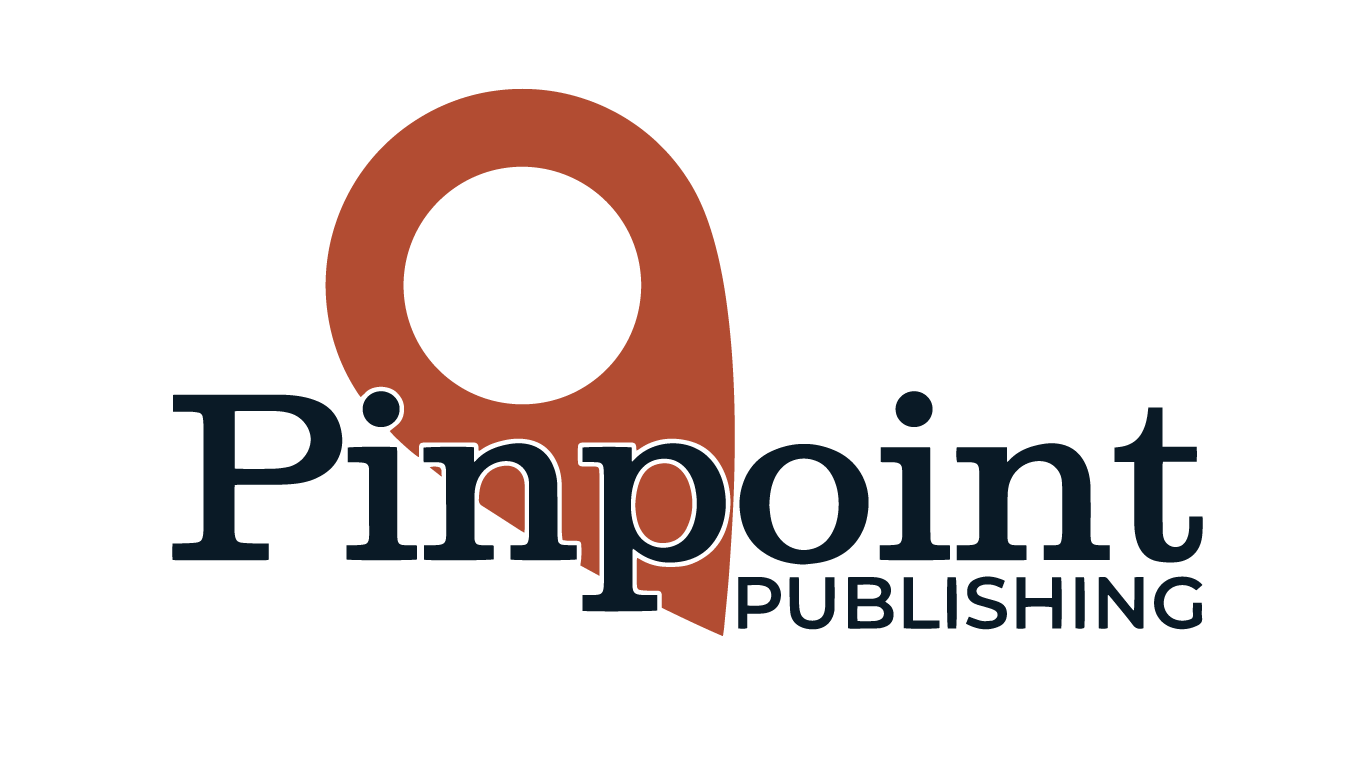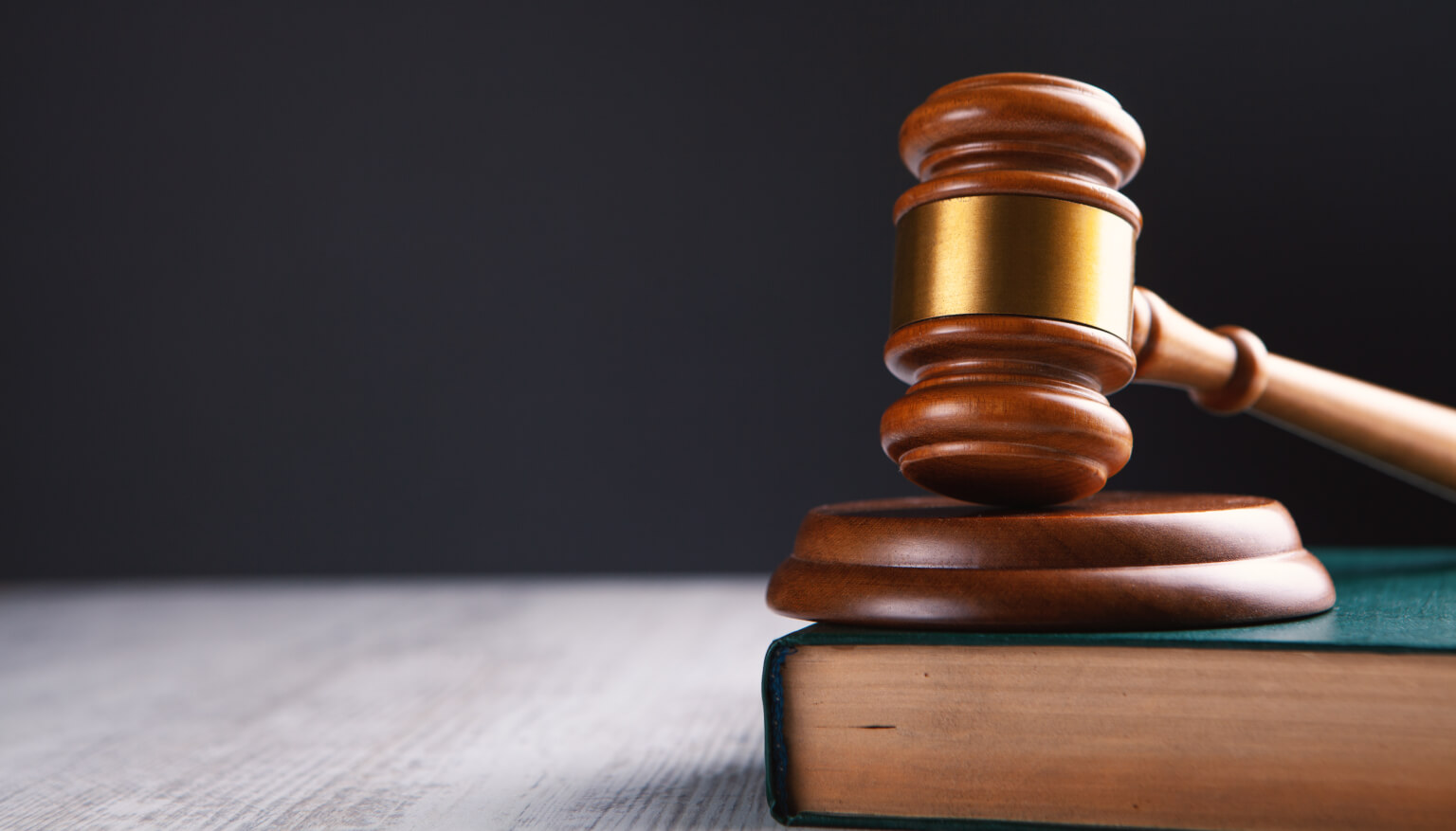We get a lot of legal questions.
One of the most common questions we hear is: ‘How do I write my story without getting sued?’ It’s a valid concern. The last thing any writer wants is to pour their heart out, only to face legal trouble because someone feels misrepresented.
The last thing anyone wants to do is pour their heart out, and then be faced with lawsuits because someone else felt attacked or like you were talking about them. It’s a legitimate concern.
Well, first of all, it’s worth mentioning we are not attorneys. We specialize in publishing. However, we have done our share of research. We’ve compiled a list of things you can keep in mind while writing your story to help avoid legal repercussions.
1. Avoiding Defamation
Defamation is when a false statement harms someone’s reputation. In writing, this is called libel (as opposed to slander, which is spoken). The best defense? Truth. Be mindful of exaggeration, and when in doubt, lean on opinion rather than factual claims. For example, writing “I felt trapped and unsafe” is much safer than “She held me hostage.” Remember, when writing about private individuals (as opposed to public figures), they don’t have to prove malice, only negligence.
2. Respecting Privacy
Even if your story is true, every person has a right to privacy. Avoid sharing intimate orsensitive details. Especially medical or financial information, without permission. Also be careful on how you frame your story to avoid a false light claim.
Even if what you write is technically true, how you present it can still lead to legal trouble. A false light claim happens when a story or statement misrepresents someone in a way that is misleading, offensive, or damaging to their reputation. Unlike defamation, which requires a false statement, false light focuses on creating a misleading impression.
For example, if you write about a friend being around gang members, but readers could assume they were in a gang, even if you never said that outright, your friend might claim the portrayal harmed them.
If needed, consider changing names and certain identifying details. You can also include a disclaimer like:
“Some names and events have been changed for storytelling purposes.”
Being mindful of what you write and how you write it. Avoid implications that might misrepresent someone and, consider bbtaining written permission from key individuals can also help protect you legally.
3. Understanding Copyright
You will own the copyright to your book, but keep in mind that letters, text messages, and emails you received may be considered the intellectual property of the sender. If you plan to include them, it’s best to get permission or paraphrase their content.
Remember, If you’re quoting from books, articles, or songs, check fair use guidelines, as copyright law protects creative works.
As we mentioned, we are not attorneys, and this blog is for informational purposes only. If you have concerns about legal risks in your writing, consulting a legal professional is always the best course of action.






0 Comments